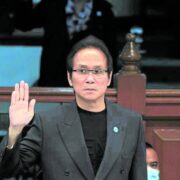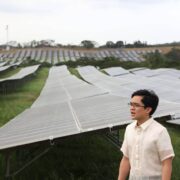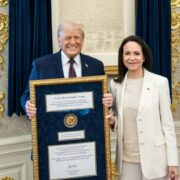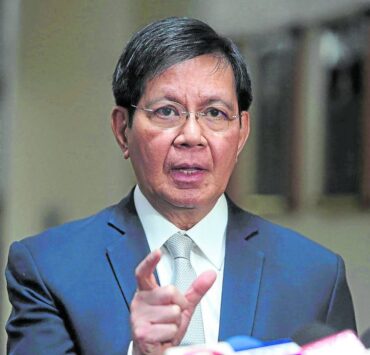COP30 ends with no road map on fossil fuel use
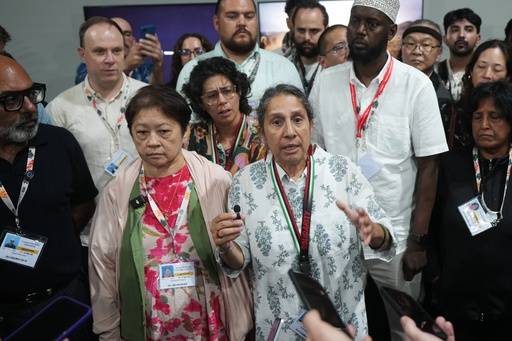
BELEM, Brazil—The United Nations-backed climate talks ended late Saturday leaving governments to grapple with a deal that highlighted widening rifts between rich and poor countries over the future of oil, gas and coal.
The deal finalized at the 30th Conference of Parties (COP30) ramps up support for climate-vulnerable countries to adapt and respond to climate impacts—including a promise to triple global adaptation funding to as much as $300 million this year—but lacks a roadmap to phase out fossil fuels.
COP30 focused on accelerating the global energy transition, mobilizing climate finance and strengthening the conservation of endangered rainforests, as well as reviewing updated nationally determined contributions or climate plans of countries through 2035.
PH silence
The absence of any road map to phase out fossil fuels drew criticism from 83 countries insisting that no deal would be accepted without a clear plan for oil, gas and coal. Even Filipino climate activists criticized the Philippine government’s silence on the road map to end fossil-fuel use.
“The Philippines to the very end failed to champion the Filipino people’s need for a path away from dirty, deadly and costly fossil fuels,” said Avril De Torres, deputy executive director of the Center for Energy, Ecology and Development.
“Nations from the Global North and South have stepped forward to support this demand. It is disheartening that the representatives of one of the world’s most climate-vulnerable peoples remain noticeably, and frustratingly, absent from this collective push.”
In 2024, the Philippines released its Energy Plan 2023-2040, which aims to increase renewable energy’s share in the energy mix to at least 35 percent by 2030 and over 50 percent by 2040.
Coal, which still provides over 60 percent of electricity, has no timeline for phaseout, and new plants exempt from the 2020 moratorium are expected before 2027.
“If burning fossil fuels remains the order of the day, our biodiversity hot spots are doubly threatened by extractive and polluting activities and intensifying climate impacts,” De Torres said.
On the loss and damage fund, which is pooled together by rich countries to help pay for damages caused by climate change in more vulnerable countries, COP30 welcomed the financial pledges from Iceland, Japan, Latvia, Luxembourg, Spain and Belgium amounting to $817 million. It also launched the Fund for Responding to Loss and Damage with the disbursement of $250 million in 2027 to countries mostly impacted by climate change.
“I think it is a good text that moves us forward in terms of strengthening the loss and damage architecture under the 2015 Paris Agreement on climate change. We have been engaged in the negotiations last year and we have made substantial progress in reflecting several key priorities of the Philippines, particularly the need for tailored, fit-for-purpose support to effectively address loss and damage,” said Vicente Paolo Yu, negotiator for G77 and China on climate change loss and damage.
What’s next for Manila
Michael Sinocruz, director of the Department of Energy’s Policy and Planning Bureau, told world leaders at the closing plenary that the Philippines is committed to make progress on the items outlined in the COP30 climate agreement. He lauded the progress on loss and damage, which he said marked historic progress for vulnerable communities.
While significant milestones were achieved on the Just Transition Work Program, Sinocruz said the Philippines notes that several work streams still require sustained engagement and strong political convergence. On climate finance, he said the Philippines reiterates that “predictable, public, grant-based, and highly concessional finance is essential for implementation and trust.”





